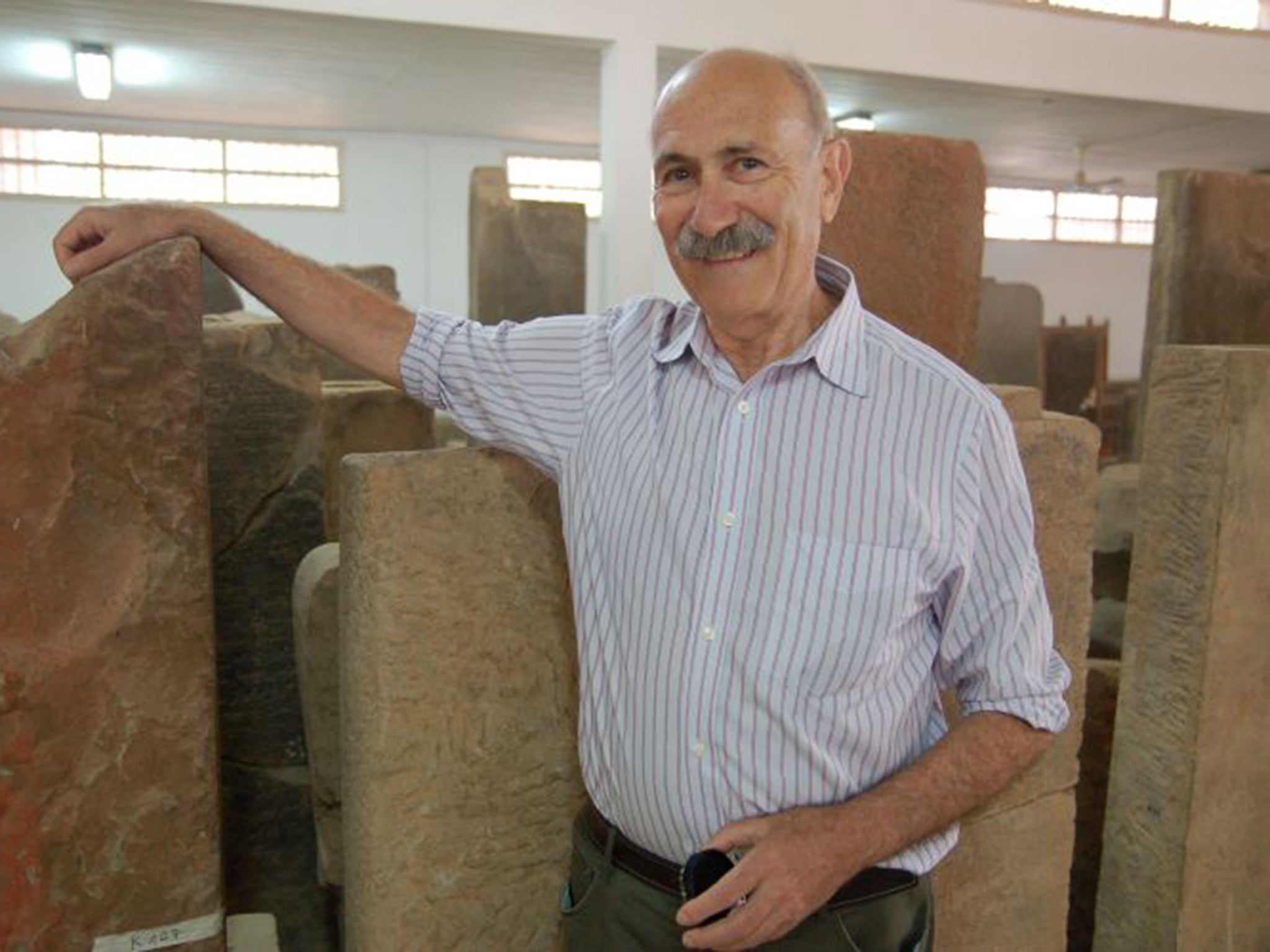Amir Aczel: Mathematician who went became a best-selling author of books on popular science
He gained widespread acclaim with Fermat’s Last Theorem: Unlocking the Secret of an Ancient Mathematical Problem

Your support helps us to tell the story
From reproductive rights to climate change to Big Tech, The Independent is on the ground when the story is developing. Whether it's investigating the financials of Elon Musk's pro-Trump PAC or producing our latest documentary, 'The A Word', which shines a light on the American women fighting for reproductive rights, we know how important it is to parse out the facts from the messaging.
At such a critical moment in US history, we need reporters on the ground. Your donation allows us to keep sending journalists to speak to both sides of the story.
The Independent is trusted by Americans across the entire political spectrum. And unlike many other quality news outlets, we choose not to lock Americans out of our reporting and analysis with paywalls. We believe quality journalism should be available to everyone, paid for by those who can afford it.
Your support makes all the difference.Amir Aczel was a mathematician who launched a second career as a best-selling author, most notably of Fermat’s Last Theorem, about how an enduring enigma of mathematics was ultimately solved. He spent years as a professor in Alaska and Massachusetts and wrote textbooks on maths and statistics before discovering a talent for explaining the world of science and numbers to ordinary readers.
He gained widespread acclaim in 1996 with Fermat’s Last Theorem: Unlocking the Secret of an Ancient Mathematical Problem. The problem had been one of the great unsolved mysteries of mathematics since a French jurist and amateur mathematician, Pierre de Fermat, wrote an equation in the margin of a book, followed by the words: “I have discovered a truly marvellous proof of this, which, however, the margin is not large enough to contain.”
In his book, Aczel fashioned a page-turner that, in his words, “spans mathematical history from the dawn of civilisation to our own time.” It wasn’t until the 1990s that Andrew Wiles, a British mathematician at Princeton University, finally unlocked the mystery.
In more than a dozen subsequent books, Aczel analysed the contributions of Einstein, Descartes and other scientists and mathematicians and demonstrated how statistics applied to everyday life. His 2004 book Chance weighed the odds on “gambling, love, the stock market and just about everything,” according to its subtitle. He concluded that most people have better luck finding a soul mate than winning in Las Vegas.
Amir Dan Aczel, mathematician and author: born Haifa, Israel 6 November 1950; died Nîmes, France 26 November 2015.
© The Washington Post
Join our commenting forum
Join thought-provoking conversations, follow other Independent readers and see their replies
Comments